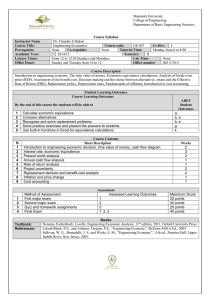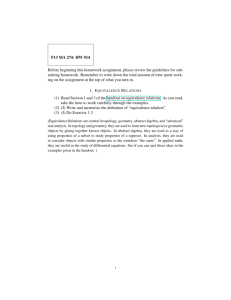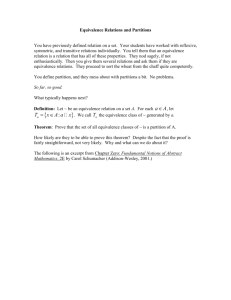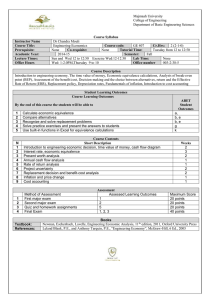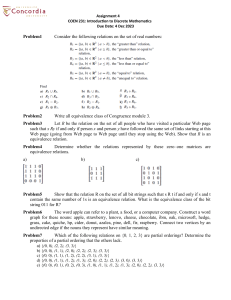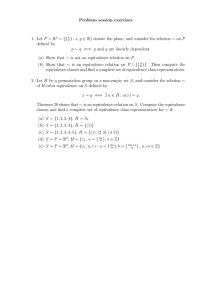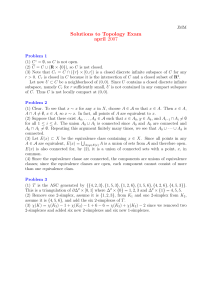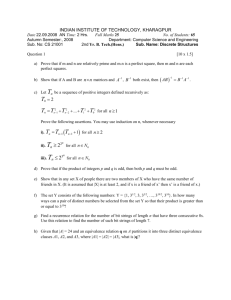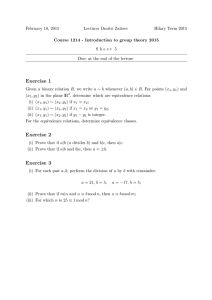Cash Flow Analysis Construction Engineering 221 Economic Analysis
advertisement
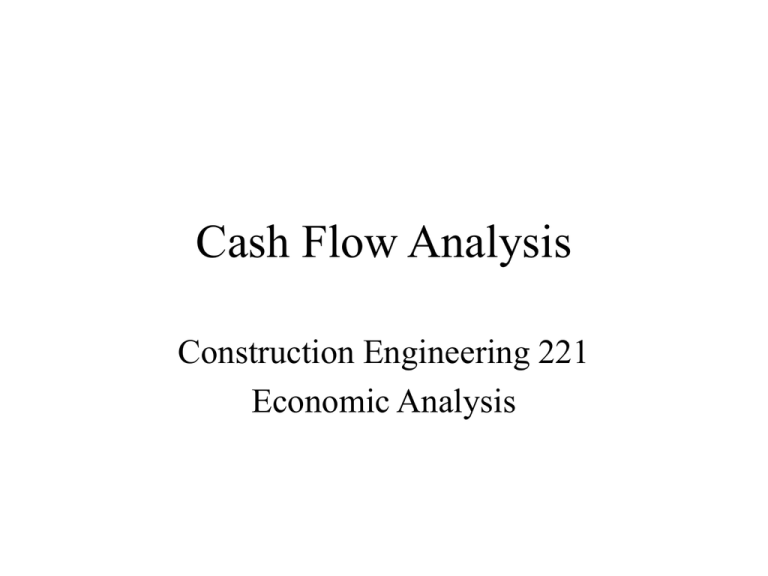
Cash Flow Analysis Construction Engineering 221 Economic Analysis Cash Flow Analysis • Assumptions – – – – – – – Year end convention is robust Interest rates are real (no inflation) Taxes are excluded Interest rates are constant over term Omit non-quantifiable factors Funds for investment are available Unused funds are invested at equal return Cash Flow Analysis • Equivalence – Method for comparing projects whose timing and magnitude of receipts and disbursements differ – Allows for the time value of money ($100 today is worth $105 one year from now at i=5%) therefore- the values are equivalent – Time value of money is represented by the effective interest rate. Convention is to use annual rates, although can be done qtr, daily, Cash Flow Analysis • Working backwards from a known future disbursement is called discounting (think of it as interest in reverse) • Single payment equivalence (simplest case) * P = present amount * F = future amount * t = time * n = number of periods * i = effective interest rate Cash Flow Analysis • Future worth of a present sum is: – F = P(1 + i)n – (1 + i)n is the compounding factor and is contained in the tables in the back of the book for various rate and terms – Example- if I buy (today) $250,000 worth of 30 year bonds at 5% interest, how much will I get at maturity? • F = 250,000 X 4.3219 = 1,080,475 (table p. 112) Cash Flow Analysis • Present worth of a future sum is: * P = F/(1 + i)n • 1/(1 + i)n is called the present worth factor or the discount rate • Example: If you want to be a millionaire by the time you are 50 years old, how much should you invest now (assume you are 20 years old and the effective interest rate is 5%) • P = 1,000,000 X .2314= $231,400 (see table p. 112) Homework • Due Monday March 3 – Problems on worksheet handed out in class
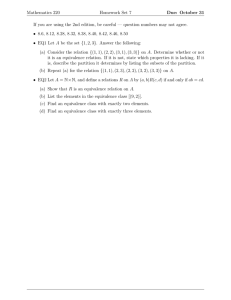
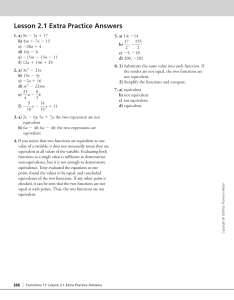
![MA1124 Assignment3 [due Monday 2 February, 2015]](http://s2.studylib.net/store/data/010730345_1-77978f6f6a108f3caa941354ea8099bb-300x300.png)
